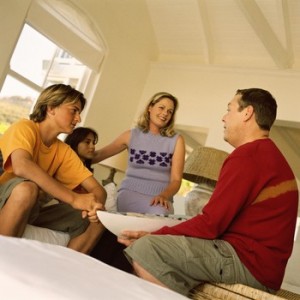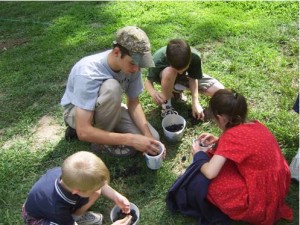 In the world that we live in today – all adults are facing the questions
In the world that we live in today – all adults are facing the questions
- Why do people discriminate against others?
- How do I stand up against injustice?
- How do I help or stand up for myself when I am being disrespected?
- If I see someone else being humiliated, what should I do?
These are questions that adults are struggling with in their communities and trying to figure out how to deal with on an international scale.
If though we look at our children – they are going through the same questions – just on their scale. In their groups they may be trying to figure out:
- Why some kids are forming cliques that others they do not know are not allowed to be a part of?
- Just because I am from a different country or have a different color skin – why do others make fun of me?
- Why do some people tell me I can’t be friends with someone else?
- How do I handle it when your best friend is really mean to others?
- Will I always be the outsider and seen as a loser?
Sometimes we think that our young children do not see the injustices and the unfairness that is taking place in parts of their community or the world. In fact, many of those same unfair behaviors and meanness is showing up in very young children. Our children are facing an increasingly difficult environment – that assumes they are ready to understand and deal with all of the miscues of their own making along with the ones their friends make.
If you think your child is telling you everything that is going on in her life, that is not a good assumption. They are dealing with very complicated social problems that are very confusing to them. It is happening at younger and younger ages too.
Why is this the case? Could it be that we the parents are pushing them to ‘grow up’ faster, by allowing them to do more adult activities, dress in more adult ways, permitting them to watch and imitate older media stars – who may or may not be such great examples? Are we adults being influenced by the sophisticated marketing aimed at creating mini adults out of children with the latest in clothing, hair and attitude?
The prevention of bullying in both boys and girls starts with giving our children:
- Purpose (family and personal mission)
- Code of values
- Optimism
- Gratitude
Along with these 4 key skills and knowledge, they must also be given strategies to deal with the questions and battles that they face everyday, the same way us adults have to struggle with the questions that face us. Balanced Life Skills is working to help families and individual children protect themselves and build a culture of peace and kindness in their family, community and the world.



 How can you contribute with your best? Can you take on greater responsibility on a team? In the family we can train our children to take on different roles as they work on seeing what they are the best at and how to use all of these skills. It may start with simple day to day plans and later as they get older, having them help with vacation plans and other family goals.
How can you contribute with your best? Can you take on greater responsibility on a team? In the family we can train our children to take on different roles as they work on seeing what they are the best at and how to use all of these skills. It may start with simple day to day plans and later as they get older, having them help with vacation plans and other family goals.